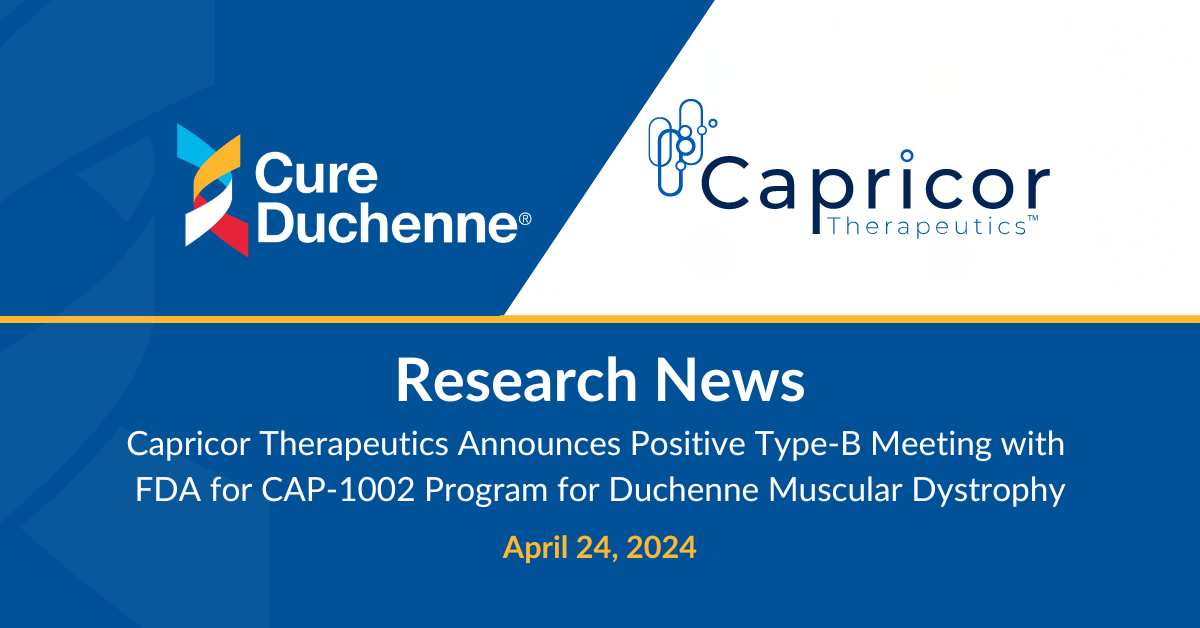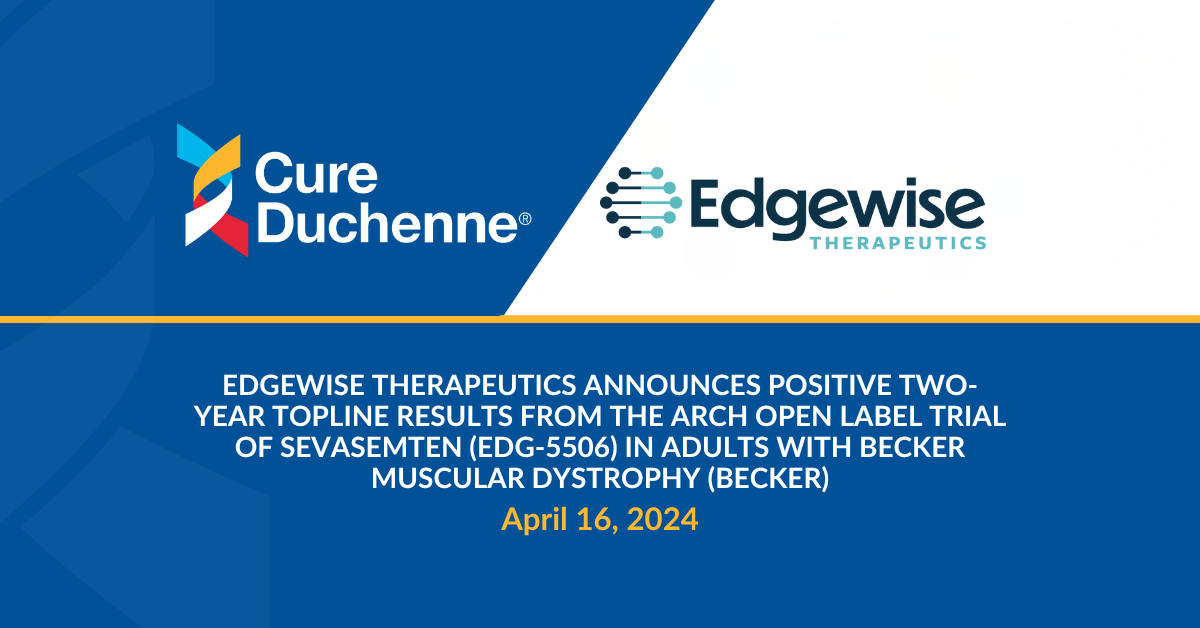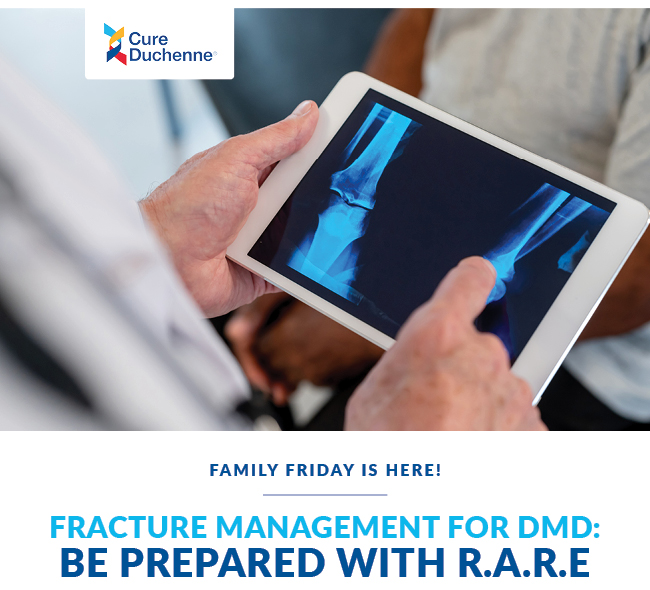CureDuchenne’s Debra Miller and Jak Knowles Spoke on Venture Philanthropy and Duchenne at Recent Conferences
CureDuchenne’s success in venture philanthropy has attracted the attention of the medical research community around the world. Last week, CureDuchenne CEO Debra Miller and Vice President of CureDuchenne Medical and Scientific Affairs Jak Knowles spoke at two different conferences about venture philanthropy and how it positively influences otherwise unapproachable biomedical technologies.
CureDuchenne has been leading the effort to find a cure for Duchenne muscular dystrophy for the past 12 years. As a direct result of CureDuchenne’s venture philanthropy model, the first-ever treatments for Duchenne are awaiting FDA approval. This is disruptive innovation at its best and for a most noble cause – saving the lives of our children.

Debra highlighted the importance of investing in orphan drug development when she addressed the World Orphan Drug Conference in Geneva on November 13. Debra shared how investments further the depth of research, create business expertise and build relationships among communities similarly seeking a cure. Developing a knowledgeable team, creating a registry of patients and developing business expertise are a couple of examples the value of philanthropic investment as a beneficial means of financing.
Jak spoke on a panel called “Venture Philanthropy: Can it Set the Trends in Financing Disruptive Innovation?” on November 11 at the NY/NJ CEO Biotech Conference in New York, an off-the-record networking and educational forum for leading executives in life sciences, offering exclusive access to key decision makers who influence deal making and investment. Attendees gained insights from presentations and panels featuring CEOs from several of the world’s leading biopharmaceutical companies.

Jak discussed the critical role of venture philanthropy and patient advocacy groups in developing therapies for rare diseases like Duchenne muscular dystrophy. He emphasized CureDuchenne Ventures success in funding research to de-risk early stage projects, and supporting clinical DMD programs facing difficult headwinds; activities which have led to several drugs being up for regulatory approval and positive financial returns to the fund.
Both Debra and Jak spoke about how to evaluate venture philanthropy vs traditional fundraising techniques for research. The CureDuchenne approach underscores how venture philanthropy creates smoother transitions from the academic field into an industry partnership and accelerates drug development.
For the 300,000 boys with Duchenne who face reduced immobility by their mid-teens and lose their lives to this genetic disease, venture philanthropy is a financial lifeline to a cure.




